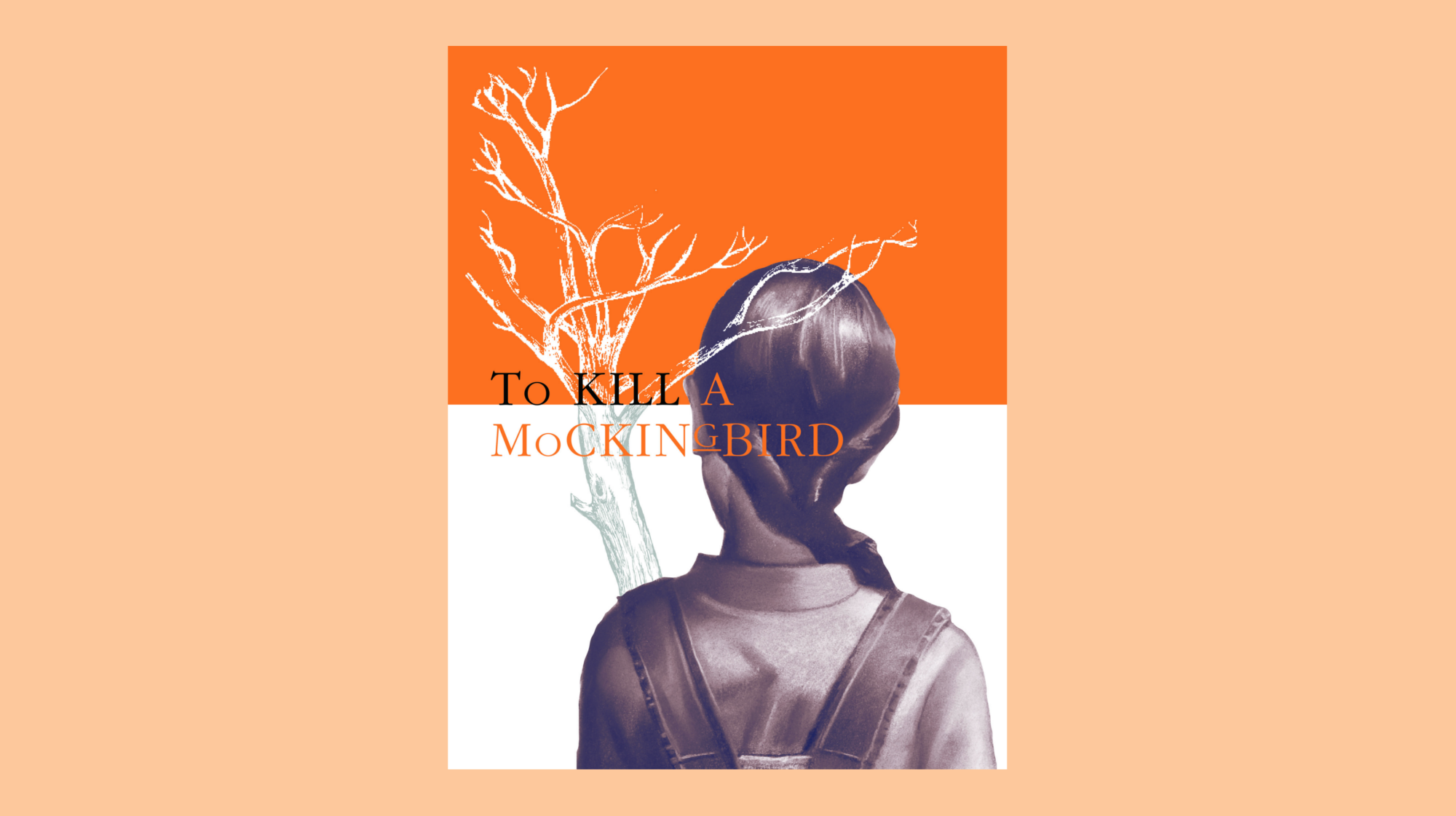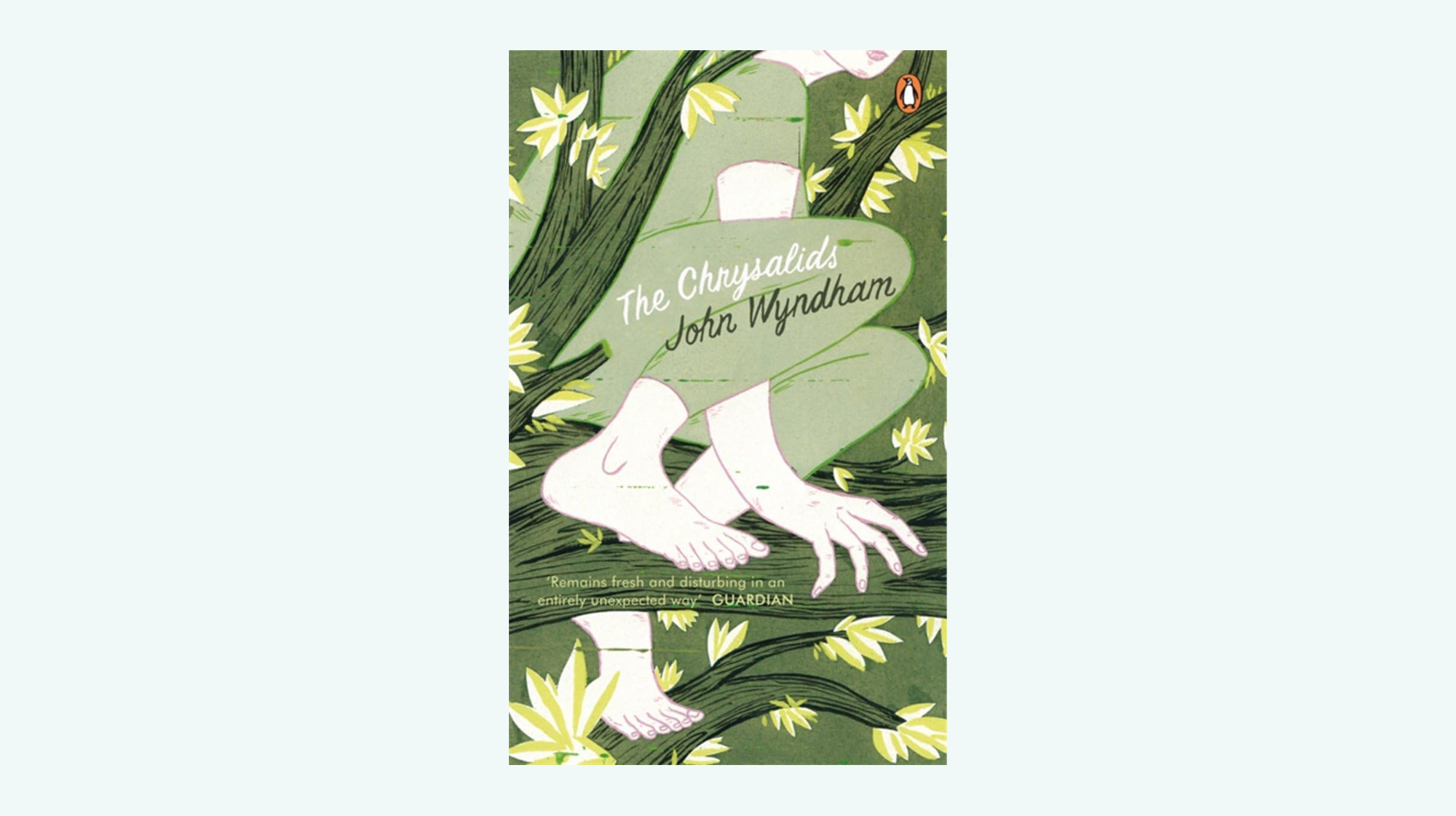There are books that become so entrenched in the American educational canon, so lovingly embraced by teachers and critics alike, that to question their intent seems almost heretical. Harper Lee’s To Kill a Mockingbird is one such book. For decades, it has been praised as a gentle moral compass, a tender reflection on childhood and justice in a segregated South. But step back from its lyrical storytelling and courtroom drama, and a different picture begins to emerge—one that suggests this novel was not merely literature, but a calculated vehicle for social engineering, designed to push mid-century classrooms toward an emerging…

The Quiet Radicalism of a Canon: To Kill a Mockingbird
To Kill a Mockingbird was less a nostalgic portrait of a broken justice system than a prelude to a broader cultural shift.
Product Reviews

AROMA Rice Cooker: The Set-It-and-Forget-It Kitchen Hero
February 12, 2026

These Hooks Turn Headrests into Instant Storage
February 6, 2026

The Subtle Charm of Pfaltzgraff’s Bella Dinnerware Set
January 23, 2026

Meet the Vacuum That Maps, Cleans, and Empties Itself
January 16, 2026

Why Everyone’s Replacing Their Old Shovel with This One
January 2, 2026






